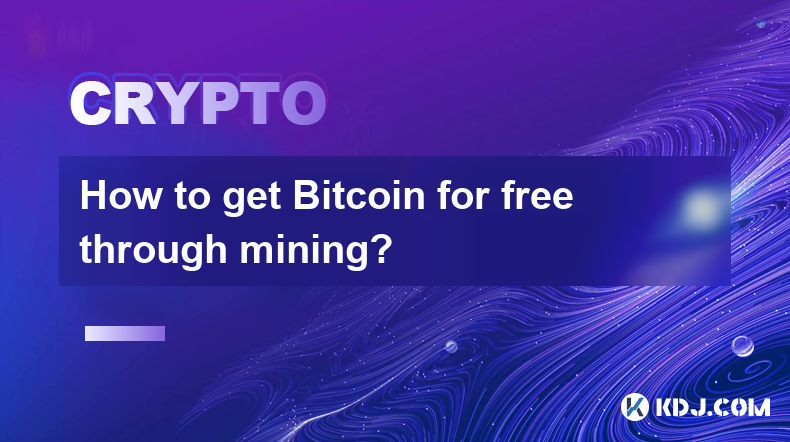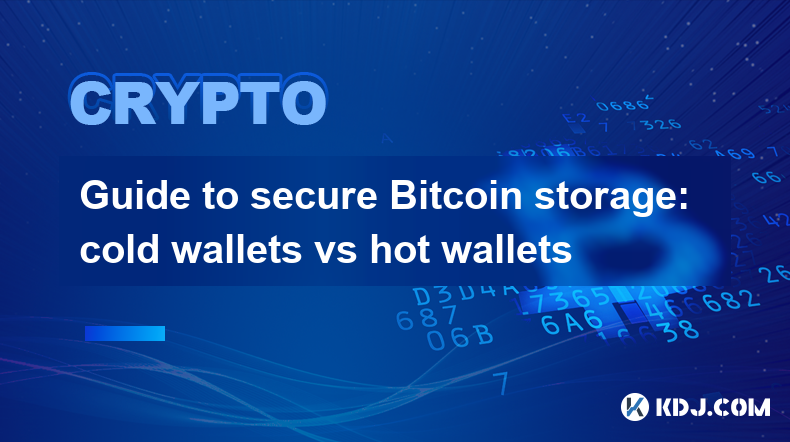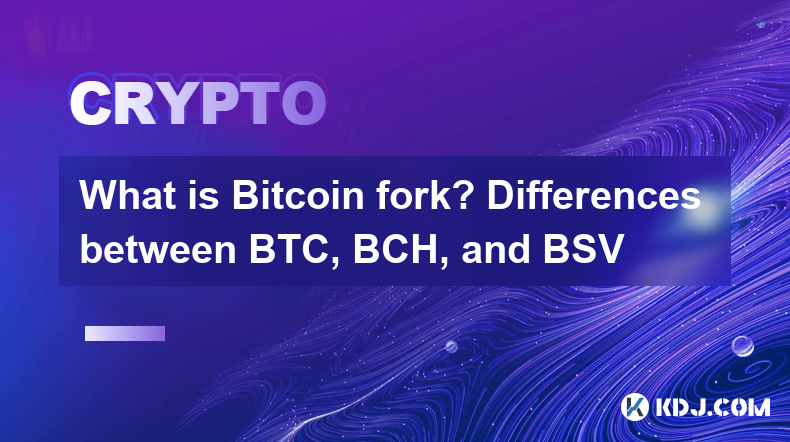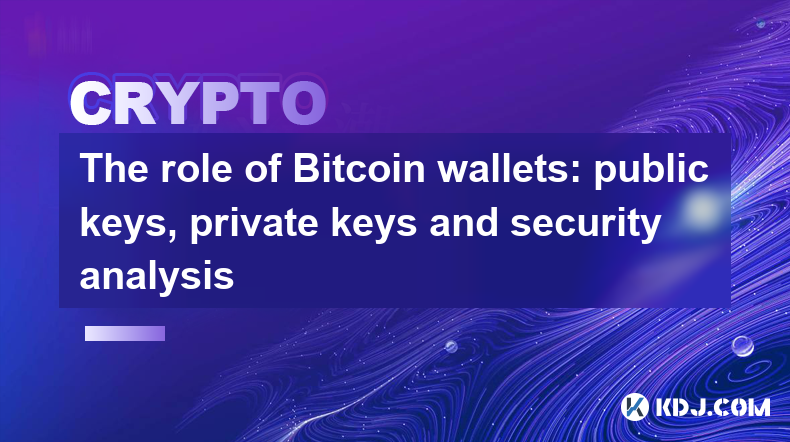-
 Bitcoin
Bitcoin $83,695.8216
5.27% -
 Ethereum
Ethereum $1,565.7257
3.25% -
 Tether USDt
Tether USDt $0.9996
0.04% -
 XRP
XRP $2.0450
4.38% -
 BNB
BNB $587.8944
2.36% -
 Solana
Solana $120.4119
8.17% -
 USDC
USDC $0.9998
-0.03% -
 Dogecoin
Dogecoin $0.1597
3.94% -
 TRON
TRON $0.2429
2.52% -
 Cardano
Cardano $0.6279
4.90% -
 UNUS SED LEO
UNUS SED LEO $9.3979
0.43% -
 Chainlink
Chainlink $12.7273
5.87% -
 Avalanche
Avalanche $19.1966
5.88% -
 Toncoin
Toncoin $2.9787
1.89% -
 Stellar
Stellar $0.2357
3.72% -
 Sui
Sui $2.2231
6.56% -
 Shiba Inu
Shiba Inu $0.0...01221
5.47% -
 Hedera
Hedera $0.1680
-1.00% -
 Bitcoin Cash
Bitcoin Cash $312.5212
8.78% -
 MANTRA
MANTRA $6.3878
-0.19% -
 Litecoin
Litecoin $76.7696
5.55% -
 Polkadot
Polkadot $3.5631
3.68% -
 Dai
Dai $1.0000
0.01% -
 Hyperliquid
Hyperliquid $15.4976
11.02% -
 Bitget Token
Bitget Token $4.3178
2.44% -
 Ethena USDe
Ethena USDe $0.9988
0.02% -
 Pi
Pi $0.6134
4.40% -
 Monero
Monero $203.5669
1.84% -
 Uniswap
Uniswap $5.2653
5.82% -
 OKB
OKB $53.2729
2.36%
How to get Bitcoin for free through mining?
Bitcoin mining isn't free; it requires costly hardware and electricity, making it unprofitable for most individuals despite the allure of earning Bitcoin rewards.
Apr 01, 2025 at 11:42 am

Understanding Bitcoin Mining and its Challenges
Bitcoin mining, at its core, is the process of verifying and adding transactions to the Bitcoin blockchain. Miners use powerful computers to solve complex mathematical problems. The first miner to solve the problem gets to add the next block of transactions to the blockchain and is rewarded with newly minted Bitcoin. This process is computationally intensive and requires specialized hardware. It's crucial to understand that "free" Bitcoin through mining is a misnomer. While you don't pay directly for the Bitcoin, you're investing significant resources – primarily electricity and hardware – which incur costs.
The Reality of Free Bitcoin Mining
The idea of getting Bitcoin "for free" through mining is often misleading. While the reward is Bitcoin, the costs associated with the electricity consumption and hardware maintenance can easily outweigh the value of the Bitcoin earned, especially for individuals using consumer-grade hardware. Large-scale mining operations, with their specialized equipment and economies of scale, are the ones who typically profit. For individuals, the return on investment is often negative.
The Hardware Requirements for Bitcoin Mining
Bitcoin mining requires specialized hardware known as Application-Specific Integrated Circuits (ASICs). These ASICs are designed specifically for solving the cryptographic hash functions used in Bitcoin mining and are far more efficient than general-purpose CPUs or GPUs. Purchasing these ASICs represents a substantial upfront investment. The cost of these machines, coupled with the ongoing electricity costs, makes solo mining unprofitable for most individuals.
The Electricity Consumption Factor
The electricity consumption of Bitcoin mining is substantial. ASICs require a significant amount of power to operate continuously, leading to high electricity bills. This cost is a major hurdle for individuals attempting to mine Bitcoin profitably. Even with efficient hardware, the electricity costs can quickly surpass the value of the Bitcoin mined, especially in regions with high electricity prices. Consider your local electricity rates before even considering this path.
Mining Pools: A More Realistic Approach
Mining pools are groups of miners who combine their computing power to increase their chances of solving a block and earning the reward. When a block is solved, the reward is distributed among the pool members based on their contribution. Joining a mining pool significantly increases your chances of earning Bitcoin, but it also means sharing the rewards. This is a more realistic approach for individuals, though profitability still depends on several factors.
Steps to Start Mining Bitcoin (with a Mining Pool)
- Research mining pools: Compare different pools based on their fees, payout methods, and reputation. Look for pools with a proven track record and low fees.
- Acquire mining hardware: Purchase ASIC miners from reputable vendors. Be aware of the upfront costs and ongoing electricity consumption.
- Set up your mining rig: Connect your ASICs to a power supply and network connection. Ensure proper cooling to prevent overheating.
- Join a mining pool: Create an account with your chosen pool and configure your mining software to connect to their servers.
- Monitor your mining activity: Track your hash rate, earnings, and electricity costs to assess the profitability of your operation.
Software and Configuration
You'll need mining software compatible with your chosen ASICs and mining pool. The software manages the communication between your hardware and the pool's servers. Proper configuration is crucial for optimal performance and to avoid errors. Most mining pools provide detailed instructions and support for setting up their software.
The Difficulty Adjustment
The Bitcoin network automatically adjusts the difficulty of the mining process every two weeks. This adjustment ensures that the block generation time remains relatively constant, regardless of the total computing power on the network. An increase in the network's hash rate leads to a corresponding increase in difficulty, making it harder to mine Bitcoin. This is a crucial factor to consider when evaluating the long-term profitability of mining.
Understanding Hash Rate and its Impact
Hash rate refers to the speed at which your mining hardware can perform calculations. A higher hash rate increases your chances of solving a block and earning Bitcoin. However, even a high hash rate doesn't guarantee profitability, especially when considering the costs of electricity and hardware. The profitability of mining is directly influenced by your hash rate, the network's difficulty, and the Bitcoin price.
Factors Affecting Profitability
Several factors influence the profitability of Bitcoin mining. These include:
- Bitcoin price: A higher Bitcoin price increases the value of your mining rewards.
- Electricity price: Lower electricity prices reduce your operational costs.
- Hardware cost: The initial investment in ASICs significantly impacts profitability.
- Network difficulty: A higher difficulty reduces your chances of earning rewards.
- Mining pool fees: Fees charged by mining pools reduce your net earnings.
Frequently Asked Questions
Q: Is it really possible to get free Bitcoin through mining?
A: No, "free" is a misnomer. While you receive Bitcoin as a reward, the costs of hardware, electricity, and potential maintenance far outweigh any potential gains for individuals unless you operate at a massive scale.
Q: What hardware do I need to mine Bitcoin?
A: You need specialized ASIC miners, not standard CPUs or GPUs. These are expensive and consume a lot of electricity.
Q: What are mining pools, and why should I join one?
A: Mining pools combine the computing power of many miners, increasing the chances of finding a block and earning rewards, although the rewards are shared. It's much more realistic for individuals than solo mining.
Q: How much electricity does Bitcoin mining consume?
A: It varies depending on the hardware, but it's significant and a major cost factor. Consider your local electricity prices before starting.
Q: Is mining Bitcoin profitable?
A: Profitability is highly dependent on the Bitcoin price, electricity costs, hardware costs, network difficulty, and mining pool fees. For individuals, it's generally not profitable. Large-scale operations are the exception.
Disclaimer:info@kdj.com
The information provided is not trading advice. kdj.com does not assume any responsibility for any investments made based on the information provided in this article. Cryptocurrencies are highly volatile and it is highly recommended that you invest with caution after thorough research!
If you believe that the content used on this website infringes your copyright, please contact us immediately (info@kdj.com) and we will delete it promptly.
- RWA Tokenization Is Bucking Macroeconomic Trends by Growing Remarkably
- 2025-04-12 03:20:13
- Solana (SOL) Shows Signs of Renewed Strength After Rebounding from $100 Support
- 2025-04-12 03:20:13
- The Best Altcoin to Buy Now? 4 Under-the-Radar Gems That Could 50x
- 2025-04-12 03:15:13
- Aptos (APT) Rides the Current Bullish Wave as It Shows Renewed Strength
- 2025-04-12 03:15:13
- As of April 11, 2025, the cryptocurrency market is experiencing notable shifts.
- 2025-04-12 03:10:15
- Today's crypto market has taken a hit because of American trade tariffs against China and unpredictable economic figures.
- 2025-04-12 03:10:15
Related knowledge

What is Bitcoin halving? Analysis of the impact on prices
Apr 09,2025 at 01:14pm
Bitcoin halving is a pivotal event in the cryptocurrency world that occurs approximately every four years, or every 210,000 blocks. The event is designed to reduce the rate at which new bitcoins are generated, thereby controlling inflation and increasing scarcity over time. During a halving, the reward that miners receive for successfully adding a block...

What to do if Bitcoin is stolen? Security protection and recovery possibilities
Apr 09,2025 at 03:42pm
If your Bitcoin is stolen, it can be a distressing experience, but there are steps you can take to protect your remaining assets and attempt to recover your lost funds. This article will guide you through the process of securing your Bitcoin and exploring recovery possibilities. Immediate Actions After Bitcoin TheftThe moment you realize your Bitcoin ha...

How to avoid Bitcoin investment scams? Common scams revealed
Apr 10,2025 at 05:14pm
Introduction to Bitcoin Investment ScamsBitcoin and other cryptocurrencies have become increasingly popular investment options, attracting both seasoned investors and newcomers alike. However, with the rise in popularity, there has also been a surge in Bitcoin investment scams. These scams can range from Ponzi schemes to fake exchanges and fraudulent in...

Guide to secure Bitcoin storage: cold wallets vs hot wallets
Apr 11,2025 at 08:42am
Guide to Secure Bitcoin Storage: Cold Wallets vs Hot Wallets When it comes to storing Bitcoin, security is paramount. The choice between cold wallets and hot wallets can significantly impact the safety of your digital assets. This guide delves into the differences between these two types of wallets, their respective advantages and disadvantages, and how...

What is Bitcoin fork? Differences between BTC, BCH, and BSV
Apr 10,2025 at 02:21am
A Bitcoin fork refers to a change in the underlying protocol of the Bitcoin blockchain, which results in a divergence into two separate versions of the blockchain. This can happen as a result of a disagreement within the community about the direction of the cryptocurrency, or to introduce new features or improvements. There are two main types of forks: ...

The role of Bitcoin wallets: public keys, private keys and security analysis
Apr 09,2025 at 03:00am
Bitcoin wallets play a crucial role in the world of cryptocurrency, serving as the gateway to securely store, send, and receive Bitcoin. Understanding the intricacies of Bitcoin wallets, particularly the concepts of public keys, private keys, and security analysis, is essential for anyone looking to navigate the cryptocurrency landscape safely and effec...

What is Bitcoin halving? Analysis of the impact on prices
Apr 09,2025 at 01:14pm
Bitcoin halving is a pivotal event in the cryptocurrency world that occurs approximately every four years, or every 210,000 blocks. The event is designed to reduce the rate at which new bitcoins are generated, thereby controlling inflation and increasing scarcity over time. During a halving, the reward that miners receive for successfully adding a block...

What to do if Bitcoin is stolen? Security protection and recovery possibilities
Apr 09,2025 at 03:42pm
If your Bitcoin is stolen, it can be a distressing experience, but there are steps you can take to protect your remaining assets and attempt to recover your lost funds. This article will guide you through the process of securing your Bitcoin and exploring recovery possibilities. Immediate Actions After Bitcoin TheftThe moment you realize your Bitcoin ha...

How to avoid Bitcoin investment scams? Common scams revealed
Apr 10,2025 at 05:14pm
Introduction to Bitcoin Investment ScamsBitcoin and other cryptocurrencies have become increasingly popular investment options, attracting both seasoned investors and newcomers alike. However, with the rise in popularity, there has also been a surge in Bitcoin investment scams. These scams can range from Ponzi schemes to fake exchanges and fraudulent in...

Guide to secure Bitcoin storage: cold wallets vs hot wallets
Apr 11,2025 at 08:42am
Guide to Secure Bitcoin Storage: Cold Wallets vs Hot Wallets When it comes to storing Bitcoin, security is paramount. The choice between cold wallets and hot wallets can significantly impact the safety of your digital assets. This guide delves into the differences between these two types of wallets, their respective advantages and disadvantages, and how...

What is Bitcoin fork? Differences between BTC, BCH, and BSV
Apr 10,2025 at 02:21am
A Bitcoin fork refers to a change in the underlying protocol of the Bitcoin blockchain, which results in a divergence into two separate versions of the blockchain. This can happen as a result of a disagreement within the community about the direction of the cryptocurrency, or to introduce new features or improvements. There are two main types of forks: ...

The role of Bitcoin wallets: public keys, private keys and security analysis
Apr 09,2025 at 03:00am
Bitcoin wallets play a crucial role in the world of cryptocurrency, serving as the gateway to securely store, send, and receive Bitcoin. Understanding the intricacies of Bitcoin wallets, particularly the concepts of public keys, private keys, and security analysis, is essential for anyone looking to navigate the cryptocurrency landscape safely and effec...
See all articles























































































